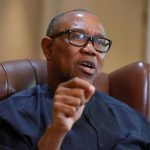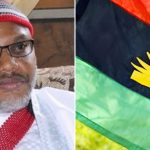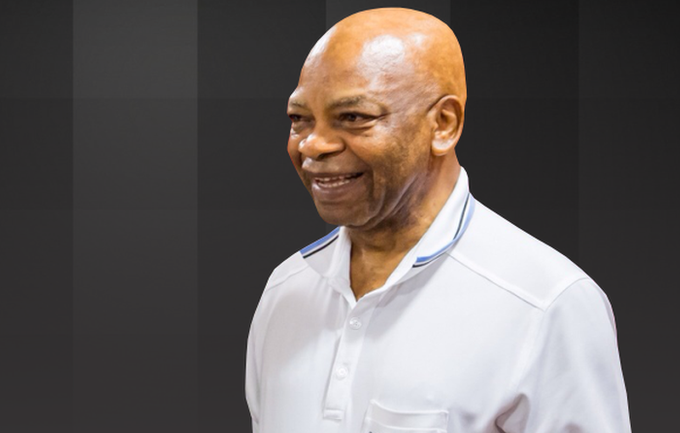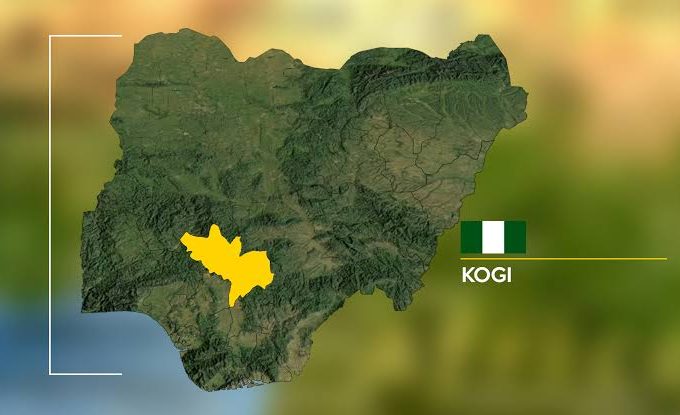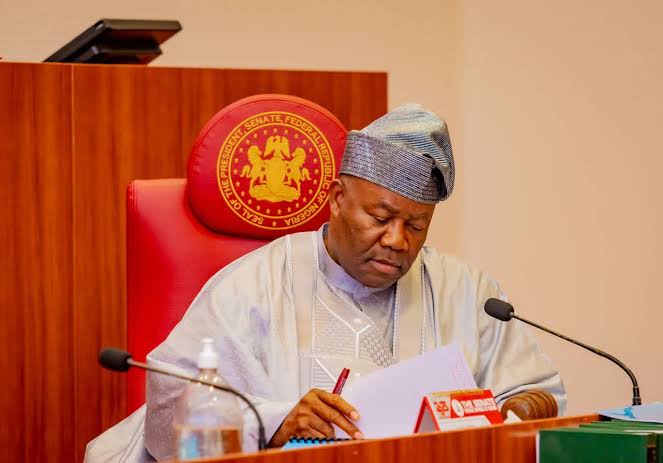
Gangs assert control, release thousands of inmates in Haiti
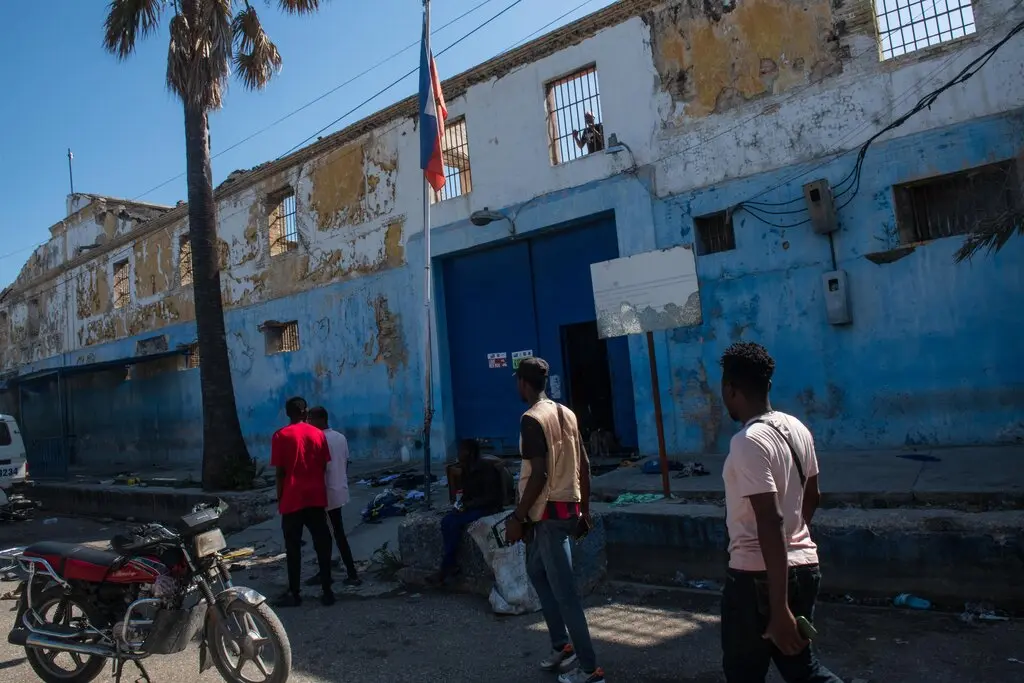
Haiti has found itself in the throes of a state of emergency, grappling with the aftermath of brazen attacks by gangs that targeted the capital city’s most vital prisons over the weekend.
The resulting chaos has seen thousands of inmates set free, while the country’s airport remained besieged.
Against this backdrop of turmoil, uncertainty looms over the whereabouts of Haiti’s de facto Prime Minister Ariel Henry.
In a report by NPR, Monique Clesca, a prominent activist in Haiti, vividly described the harrowing events that unfolded over the weekend as “three days of terror.” Gangs, she recounted, roamed freely throughout Port-au-Prince, brandishing their weapons openly, with law enforcement conspicuously absent.
“It wasn’t done at night and the police were nowhere to be found,” she lamented in a statement to NPR.
Also, Robert Fatton, a Haitian expert at the University of Virginia, shed light on the unprecedented nature of the current violence.
Unlike previous instances marked by skirmishes between rival gangs, Fatton underscored a significant shift in dynamics this time around. “The gangs in Haiti have allied,” he explained, “and at least one of the big gang leaders, Jimmy Chérizier, who is nicknamed Barbecue, has said explicitly that the point of this violence is to overthrow the government.”

Leader of the “G9 and Family” gang, Jimmy Cherizier, better known as Barbecue, in Haiti on Oct. 21, 2022. Matias Delacroix/AP
Fatton emphasised the formidable strength exhibited by these consolidated gangs, which now hold sway over large swathes of the capital city. The recent escalation saw brazen assaults on the international airport in Port-au-Prince, with gangs firing upon aeroplanes.
Such audacious acts prompted international airlines to halt their flights—a rarity in Haiti’s troubled history. Moreover, the gangs successfully overpowered law enforcement at two major prisons, facilitating the mass escape of thousands of inmates.
“This is a critical moment for Haiti,” Fatton warned, speaking on the nation being on the brink of institutional collapse.
“The situation is on the verge of a real collapse of any and every institution that remains in the country,” he added, pointing to the ominous prospect of gangs emerging as the dominant force in Haiti.
Amid this turmoil, the whereabouts of the Prime Minister is still unknown.
Last week, Henry embarked on a journey to Kenya in an attempt to finalise a deal for the East African nation to lead a multinational force in Haiti—an agreement marred by delays in Kenyan courts.
However, Patrick Boisvert, the country’s finance minister who was acting as prime minister, signed the emergency declaration.
What remain to be seen is how the crisis will be managed, and things being dealt with holistically, to resolve the chaos that has plunged the country for days.
About The Author
Related Articles
African Union signals diplomatic reset with Sahel alliance states
The African Union has begun a new diplomatic approach toward the countries...
ByWest Africa WeeklyFebruary 11, 2026Atlas Oranto Hit by Licence Loss in Equatorial Guinea, Senegal, Venezuela
Nigerian oil magnate Arthur Eze’s company, Atlas Oranto Petroleum, is facing a...
ByWest Africa WeeklyFebruary 11, 2026Kogi Shuts Markets and Motor Parks in Crackdown on Terrorists
The Kogi State Government has ordered the temporary closure of selected markets...
ByWest Africa WeeklyFebruary 11, 2026Tinubu’s Senate Refuses Full Electronic Transmission, Keeps Manual Option
Tension is building across the country after the Senate, led by Godswill...
ByWest Africa WeeklyFebruary 11, 2026


